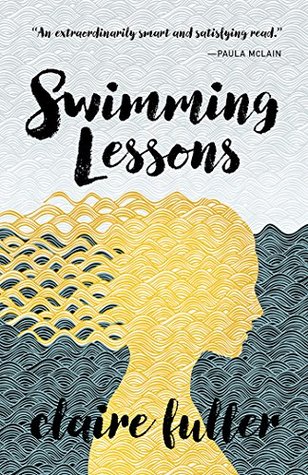More on this book
Community
Kindle Notes & Highlights
“Secret truths,” you said, “are the lifeblood of a writer. Your memories and your secrets. Forget plot, character, structure; if you’re going to call yourself a writer, you need to stick your hand in the mire up to the wrist, the elbow, the shoulder, and drag out your darkest, most private truth.”
If I could, I would turn our love on its head: we would get the anger, the guilt, the blame, the disappointment, the irritation, the workaday, and the humdrum over and done with first. We would have everything to look forward to.
“Mum! Wait!” she called. “I’m going to swim, too.” Flora is like a cat, she wants everything on her terms. If I’d asked her to come with me for a swim, she’d probably have said no. Occasionally she’ll allow me to stroke and pet her, but if I put out an uninvited hand she’ll often scratch and claw, and run away.
I remember thinking that the air and then the water on every part of my body was like a lover; a new, fresh, cold lover.
“Forget that first-edition, signed-by-the-author nonsense. Fiction is about readers. Without readers there is no point in books, and therefore they are as important as the author, perhaps more important. But often the only way to see what a reader thought, how they lived when they were reading, is to examine what they left behind.
“To dear Annie. We will miss you. May your bones be washed by the salt water, your spirit return to the sand, and the love we had for you be forever around us.” (Nan can be quite poetic when she puts her mind to it.)
In front of us was that famous metal sculpture: tubes and beams crisscrossing each other and a circular plate resting at the end of a pole. “What do you think it’s meant to be?” Louise said, tilting her head. “The skeleton of an arthritic elephant,” I said. “A line drawing by a left-handed octopus.” “A climbing frame for rectangular children.”
“It’s about believing two opposing ideas in your head at the same time: hope and grief. Human beings do it all the time with religion—the flesh and the spirit—you know that. Imagination and reality.”
opened the book at the very beginning—the endpapers, the flyleaf, the title page, the copyright information, and opposite it, the dedication you’d written. The one that had been printed in all the books on all the shelves in all the bookshops across the country: For Louise.
Flora would have liked to ask her parents why the words “to father” have such a different meaning from the words “to mother.”


